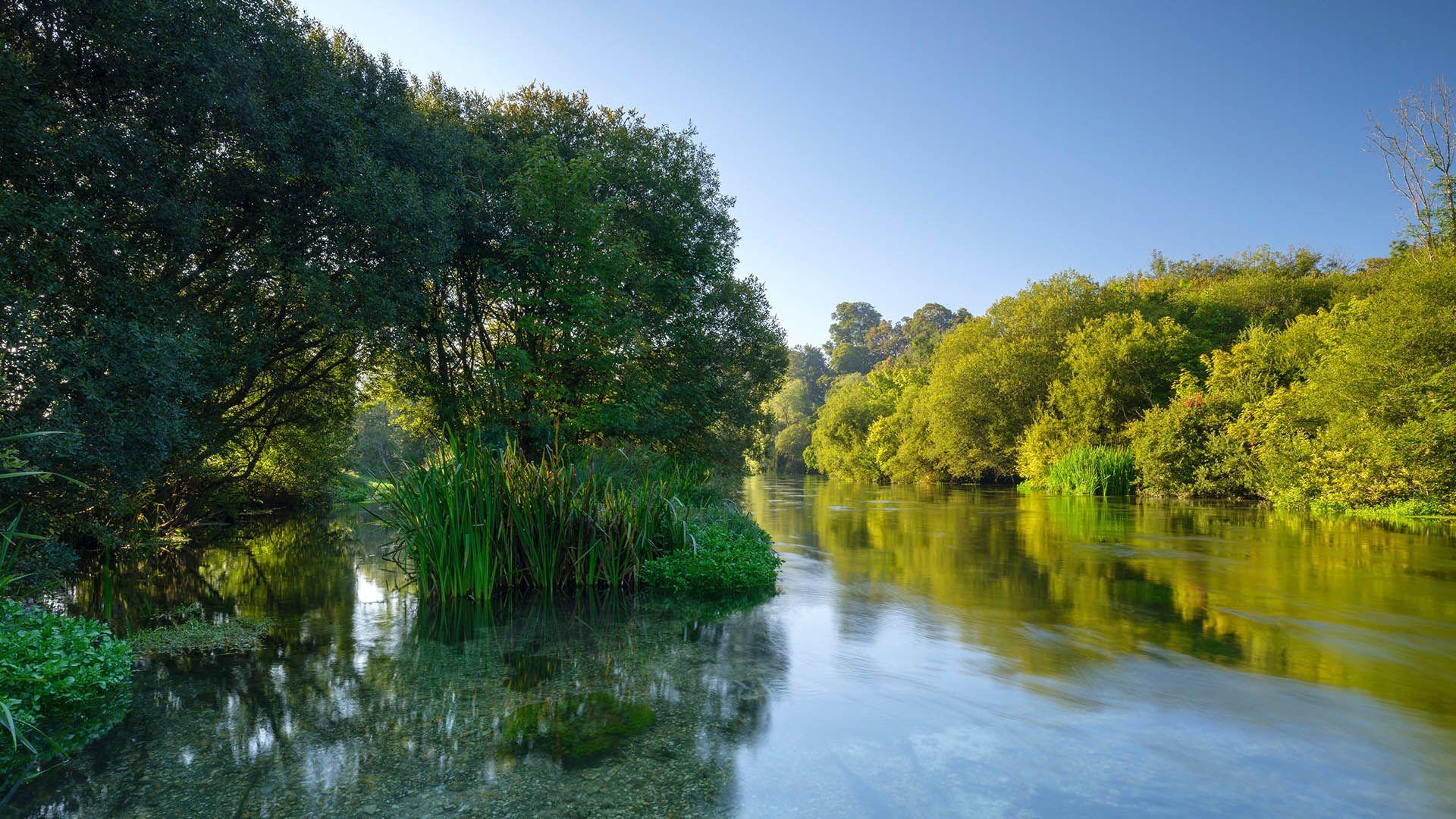
Building water resilience in the UK
To help strengthen resilience against climate impacts, we supported Southern Water Services to embed natural and social capital into their decisions and operations.
To help strengthen resilience against climate impacts, we supported Southern Water Services to embed natural and social capital into their decisions and operations.
Data shows that if the world’s population continues to grow at its current pace, demand will soon outstrip our water supply. The UK’s Environment Agency now estimates that England will need an extra 3.6 billion litres per day by 2050 to avoid shortages. These projections emphasise the pivotal role that water companies have in mitigating climate impacts and striking a sustainable balance between environmental resources and human needs.
We have been supporting Southern Water Services (SWS) – which supplies water and wastewater services to more than 4.6 million people across Southern England – to step up and address these imminent challenges through a better understanding of their natural capital as well as their social capital.
What is natural capital? What is social capital?
Defined as the stock of natural assets that provide essential services to humanity, natural capital includes everything from plants and rivers to soil and air.
Social capital refers to the relationships that enable organisations to run effectively, including the trust that people have in businesses to act ethically and responsibly.
Through our work, SWS now has a framework and a roadmap which it can use to integrate natural and social capital into the business going forward to create a more resilient water future, while simultaneously safeguarding the environment and the communities that depend on it.
Identifying opportunities for positive change
To assess environmental impact, we established baseline natural capital accounts for three of SWS’s catchments – Arun and Western Streams, Test and Itchen, and Medway.
These accounts include a register of the assets identified in each of the three catchments, supported by natural and social capital metrics that provide insight into the physical and monetary flows of the ecosystem services these assets generate. Using this data, we were able to create a workplan to scale these accounts up to include all 11 catchments in SWS's service area.
SWS can use the accounts to find ways of maximising environmental benefit through nature-based solutions, ensuring that wildlife and natural habitats are protected from water abstraction.
The water company can also use the baseline natural capital accounts to identify opportunities for collaboration with other key stakeholders to improve resilience, network capability, water environment, treatment and distribution, and to set achievable Biodiversity Net Gain, carbon, and nutrient neutrality goals.
Embedding nature into decision-making
One aspect of our work involved creating a risk and value tool which SWS can use to measure the impacts and dependencies on natural and social capital and to apply in investment appraisal to identify areas for improvement and mitigate risks more efficiently, further boosting the company’s long-term resilience.
In addition, we helped SWS create a scorecard to collect qualitative data on natural and social capital impacts of considered options and identify the most efficient one in minimising risks.
SWS has already used the new framework to action more sustainable solutions on two sites. By deciding to create integrated constructed wetlands in favour of two more conventional alternatives – ferric dosing and pump away – they will ensure the protection of these critical habitats and in turn, enhance the biodiversity that thrives there.
Water companies have a pivotal role to play
Water companies have a pivotal role in mitigating climate impacts and striking a sustainable balance between environmental resources and human needs.
Our work with SWS to embed natural and social capital into their decisions and operations is paving the way to a more resilient water future – serving communities, benefiting the environment, and setting a positive example for others to follow.